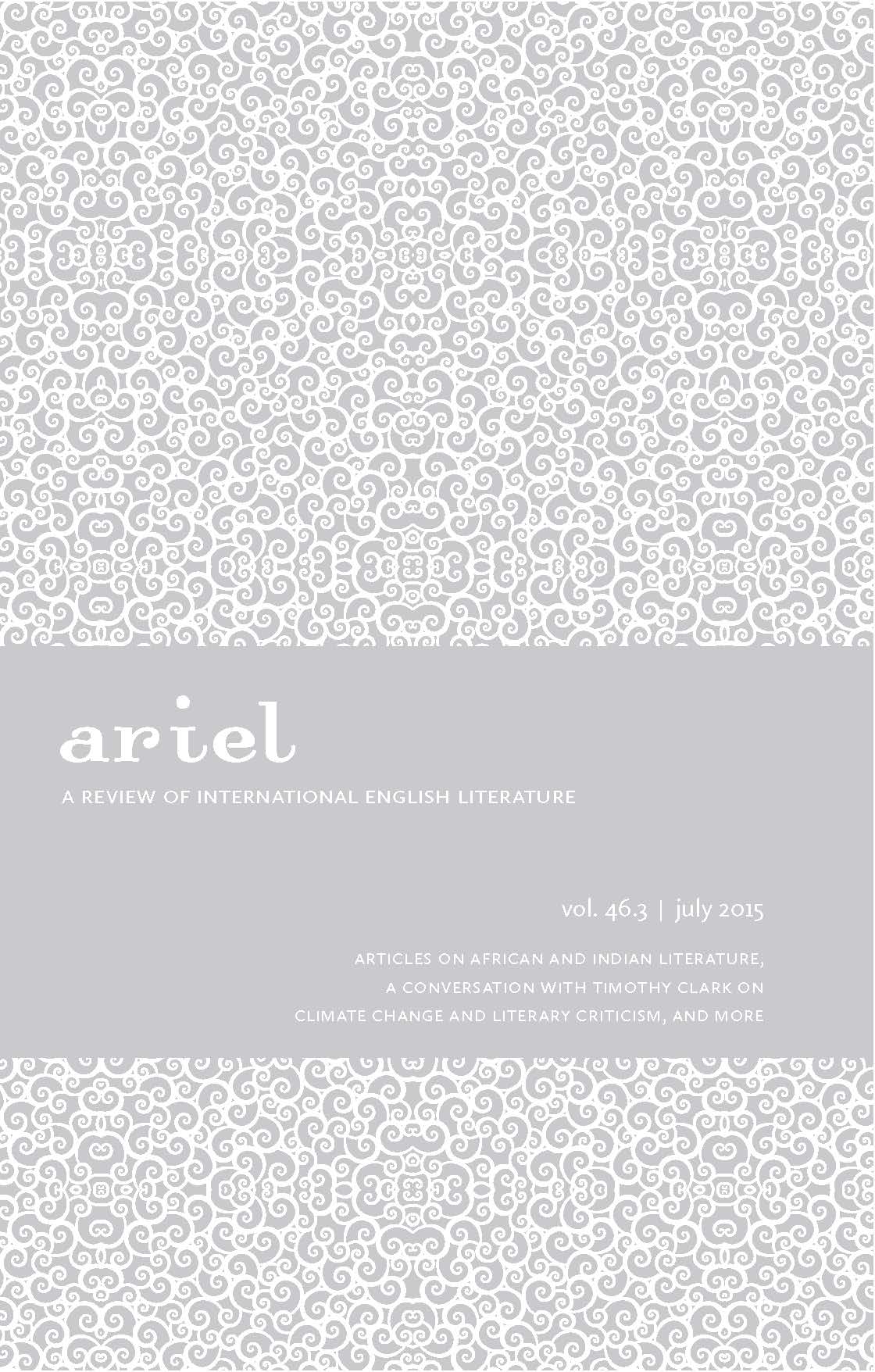Acts without Agents: The Language of Torture in J.M. Coetzee’s Waiting for the Barbarians
Keywords:
J. M. Coetzee, torture, passive voice, agency, representationAbstract
This article draws from J. M. Coetzee’s linguistic work on the passive sentence to analyze his representation of torture in the novel Waiting for the Barbarians. It argues that Coetzee’s complex use of the short passive (also known as the “agentless sentence”) counters the transparent connection between truth and language by creating critical gaps in the narrative that disrupt the process of interpretation. Given how “truth” is perceived as having a certain “tone” by the torturer Colonel Joll in the novel, the question of how truth is represented in language becomes critical to undermining the logic of torture Joll explicates. Throughout the novel, Coetzee exploits the ambiguity created by the short passive to not only illustrate the grammatical fictions that undergird our assumptions while reading the text, but also to challenge the linguistic certainties of “truth” to which the torture chamber owes its existence.


